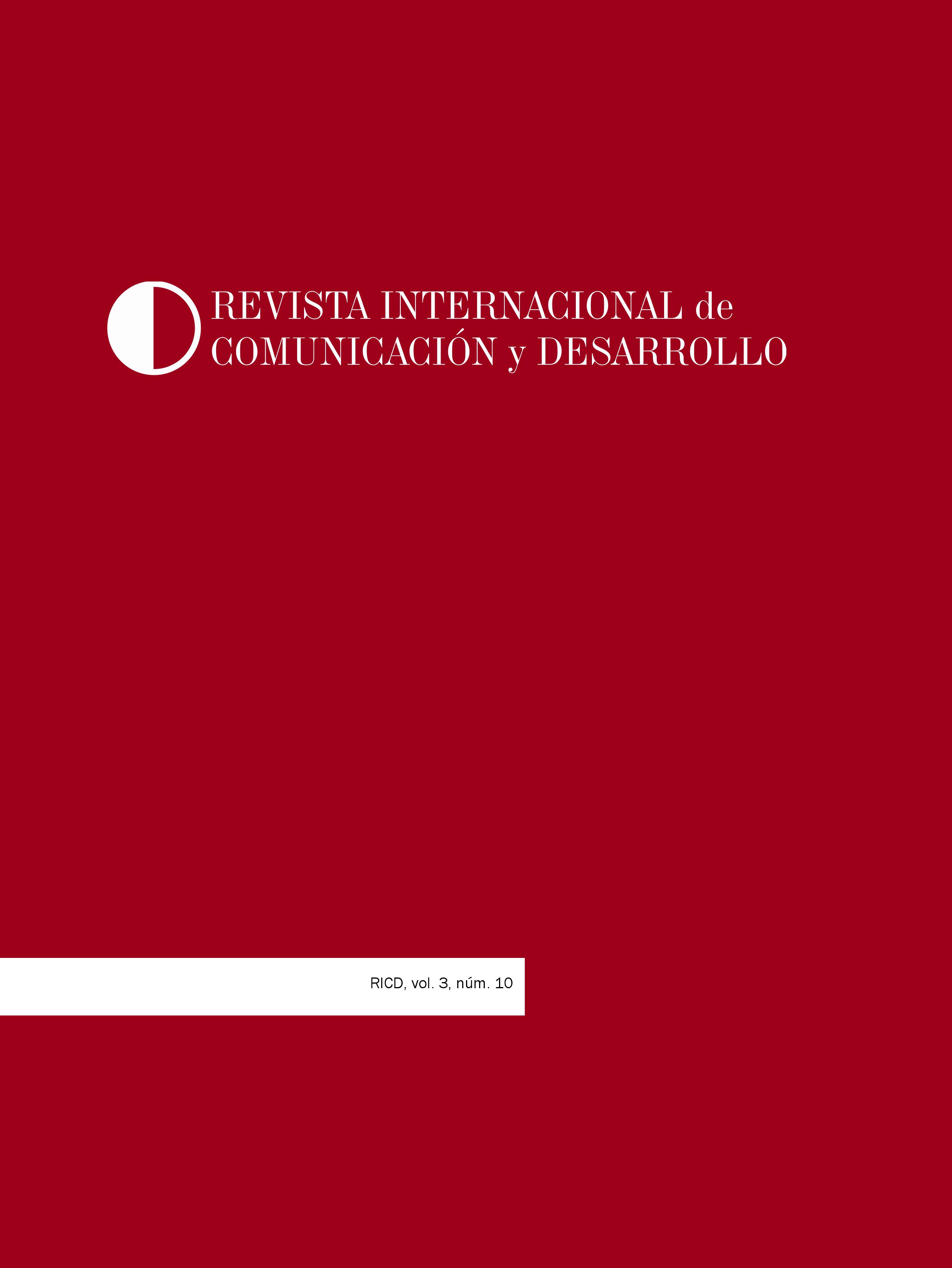Documentalistas indígenas en procesos de colaboración comunitaria en Chiapas
Contido principal do artigo
Resumo
A fines del siglo pasado, jóvenes indígenas de Chiapas, apoyados por antropólogos, sociólogos y cineastas, empezaron a videograbar a sus comunidades. Al paso del tiempo, un grupo de 37 personas, entre las que se encuentran 12 mujeres, se dedican a la realización de documentales. Su propósito es construir la memoria colectiva de comunidades indígenas y posicionar en la agenda mediática las necesidades y prácticas culturales de esas poblaciones, que representan casi un tercio de los habitantes en Chiapas. Este trabajo, en el que participaron siete documentalistas que pertenecen a las cuatro etnias principales (tzotzil, tzeltal, zoque y tojolabal), profundiza en las prácticas colaborativas, que han diseñado y aprendido sobre la marcha, para desarrollar sus productos audiovisuales.






